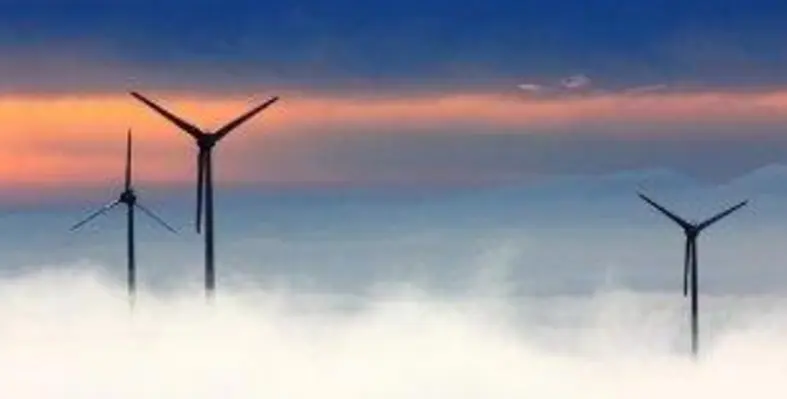The renewable energy sector added 176 GW of generating capacity globally in 2019, marginally lower than the (revised) 179 GW added in 2018, according to data released by the International Renewable Energy Agency (IRENA)
However, new renewable power accounted for 72 per cent of all power expansion last year.
IRENA’s annual Renewable Capacity Statistics 2020 shows that renewables expanded by 7.6 per cent last year with Asia dominating growth and accounting for 54 per cent of total additions. While expansion of renewables slowed last year, total renewable power growth outpaced fossil fuel growth by a factor of 2.6, continuing the dominance of renewables in power expansion first established in 2012. Solar and wind contributed 90 per cent of total renewable capacity added in 2019.
“Renewable energy is a cost-effective source of new power that insulates power markets and consumers from volatility, supports economic stability and stimulates sustainable growth,” said IRENA director-general Francesco La Camera.
“While the trajectory is positive, more is required to put global energy on a path with sustainable development and climate mitigation – both of which offer significant economic benefits,” continued La Camera. “At this challenging time, we are reminded of the importance of building resilience into our economies. In what must be the decade of action, enabling policies are needed to increase investments and accelerate renewables adoption.”
Renewables accounted for at least 70 per cent of total capacity expansion in almost all regions in 2019, other than in Africa and the Middle East, where they represented 52 per cent and 26 per cent of net additions respectively. The additions took the renewable share of all global power capacity to 34.7 per cent, up from 33.3 per cent at the end of 2018.
Non-renewable capacity expansion globally followed long-term trends in 2019, with net growth in Asia, the Middle East and Africa, and net decommissioning in Europe and North America.
Solar added 98 GW in 2019, 60 per cent of which was in Asia. Wind energy expanded by close to 60 GW led by growth in China (26 GW) and the USA (nine gigawatt).
The two technologies now generate 623 GW and 586 GW respectively – close to half of global renewable capacity. Hydropower, bioenergy, geothermal and marine energy displayed modest year on year expansion of 12 GW, six gigawatt, 700 MW and 500 MW respectively.
Asia was responsible for over half of new installations despite expanding at a slightly slower pace than in 2018. Growth in Europe and North America increased year on year. Africa added two gigawatt of renewable capacity in 2019, half of the four gigawatt it installed in 2018.












